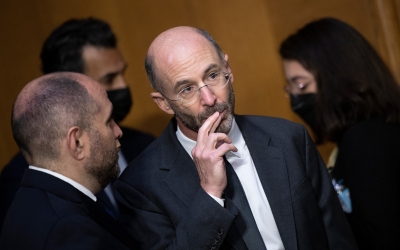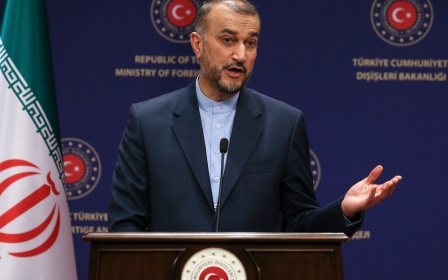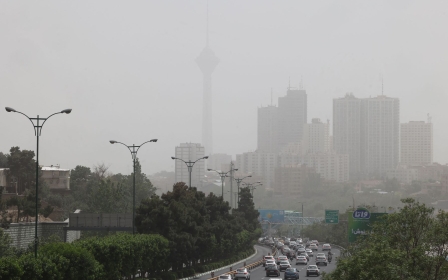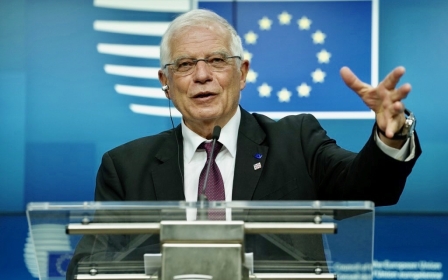Grim assessment of Doha talks adds fresh uncertainty to Iran deal
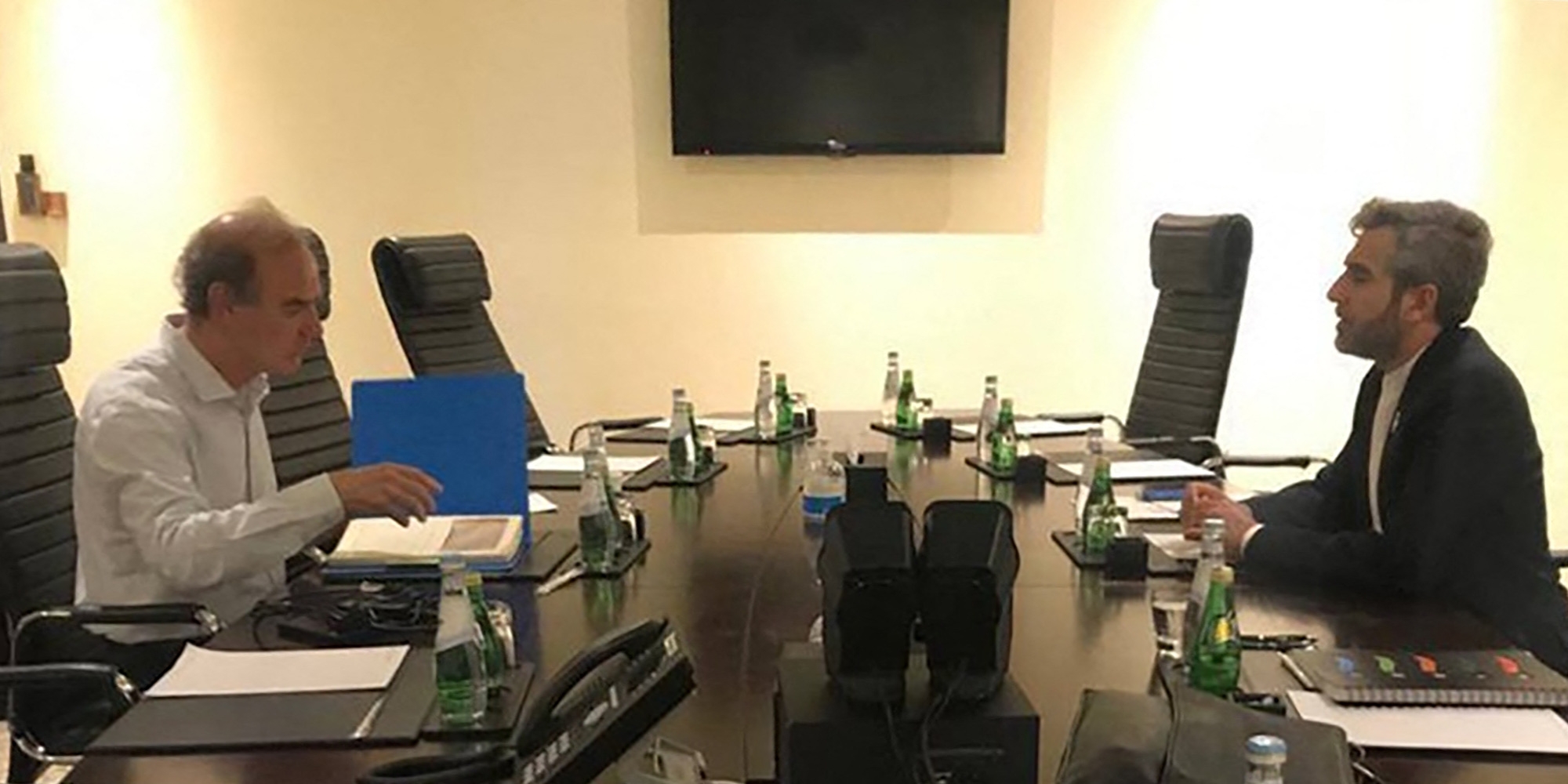
The prospects of reviving the 2015 Iran nuclear deal are worse after the US and Iran held indirect talks in Doha, Qatar, this week, according to a senior US official.
"The prospects for a deal after Doha are worse than they were before Doha, and they will be getting worse by the day," said the official, who spoke with Reuters on condition of anonymity.
"You could describe Doha at best as treading water, at worst as moving backwards. But at this point, treading water is for all practical purposes moving backwards," he said.
The remarks are in stark contrast to Iran's public statements on the talks. After a pessimistic first assessment of the talks appeared in Iran's semi-official Tasnim News Agency, the country's foreign minister said Tehran saw them in a "positive" light.
Iranian Foreign Minister Hossein Amirabdollahian also tweeted that the country was "ready to reach a good, robust and lasting deal" after the negotiations ended on Wednesday without any sign of progress.
New MEE newsletter: Jerusalem Dispatch
Sign up to get the latest insights and analysis on Israel-Palestine, alongside Turkey Unpacked and other MEE newsletters
The US and Iran have been locked in talks to revive the nuclear deal since April 2021.
The Trump administration unilaterally withdrew from the nuclear deal in 2018 and reimposed debilitating sanctions on Iran as part of a "maximum pressure campaign".
Tehran maintained its compliance with the accord for a few months before it began rolling back its commitments in 2019 and enriching uranium.
As the talks drag on, both sides have engaged in signalling with their statements as part of negotiation efforts. The Biden administration said in January that there were only "a few weeks left" in which a return to the deal could be feasible.
Five months later, with the US still negotiating, Robert Malley was pressed to walk back Blinken's timeline, leaving the administration wide scope to continue negotiations.
"We are prepared to get back into the JCPOA [referring to the official title of the 2015 nuclear deal] for as long as our assessment is that its non-proliferation benefits are worth the sanctions relief we will provide," Malley said in May.
The comments from the US official reported by Reuters on Friday dovetail with a grim assessment issued by European diplomats.
"I am concerned that we might not make it over the finishing line," the European Union ambassador to the United Nations said on Thursday at a Security Council meeting.
Western powers accused Iran of making demands in Doha that they say have already been agreed upon as outside the scope of a nuclear deal.
"Not only has Iran not taken up the offer on the table, but it also added yet more issues which fall outside the JCPOA with maximalist and unrealistic demands," the French UN ambassador, Nicolas de Riviere, said.
For its part, Iran says it is seeking economic guarantees.
"Iran has demanded verifiable and objective guarantees from the US that JCPOA will not be torpedoed again, that the US will not violate its obligations again, and that sanctions will not be re-imposed under other pretexts or designations," Iran's UN ambassador, Majid Takht Ravanchi, told the council.
Middle East Eye delivers independent and unrivalled coverage and analysis of the Middle East, North Africa and beyond. To learn more about republishing this content and the associated fees, please fill out this form. More about MEE can be found here.


